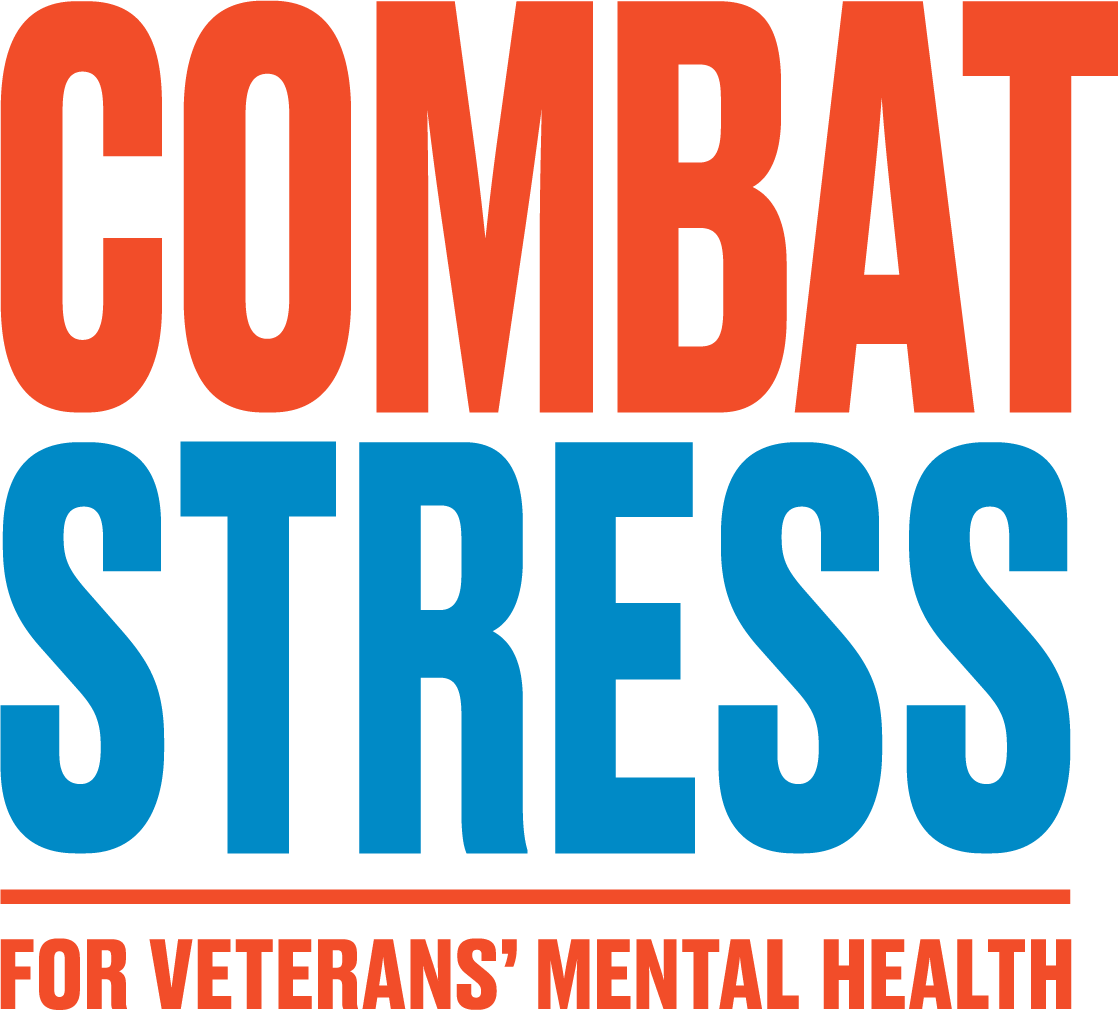The Deputy Treatment Centre Manager of Combat Stress’ centre in Scotland has received a prestigious Churchill Fellowship to visit the US and Canada to see how they’re supporting families of veterans with mental health problems.
Hayley Thompson, who works at the charity’s treatment centre Hollybush House in Ayr, will spend six weeks in the autumn studying what support is available to partners and carers of veterans in North America.
Among the organisations she’s hoping to meet is a US helpline that educates, supports and empowers family members and friends seeking support for a veteran. Other organisations include those providing domestic violence support, peer support, and help for military spouses.
Hayley, 32, has worked for Combat Stress, the UK’s leading charity for veterans’ mental health, for two years, first as a community psychiatric nurse, then a triage nurse, and now Deputy Treatment Centre Manager.
She said: “The effects of veterans’ mental health problems are often felt by the family members caring for them, including children. Support for families is scarce in the UK and lacking in research.
“The services that exist in the US and Canada could provide ideas and real solutions to how we improve community mental health support for families in the UK. This is a fantastic opportunity to learn from them.
“With the right help, families can in turn support veterans after treatment has ended. This extends the veteran’s likelihood of recovery and reduces their risk of relapse.”
Jacky McCafferty, Treatment Centre Manager at Hollybush House, said: “I’m delighted that Hayley has been awarded a Churchill Fellowship. This is a significant achievement for her, as well as for Combat Stress to have a member of our clinical team embark upon such valuable research.”
ENDS
Notes to editors:
Combat Stress is the UK’s leading charity for veterans’ mental health.
For almost a century we’ve helped former servicemen and women deal with issues like trauma, anxiety, depression and post-traumatic stress disorder.
Over the past five years (2012 to 2017) we have seen an average of more than 2,000 referrals each year.
On average it takes 12 years after leaving the military for veterans to contact Combat Stress for help, by which time their condition is often highly complex. However, veterans of the Afghanistan and Iraq conflicts are coming to Combat Stress much sooner (three and four years respectively).
To help veterans rebuild their lives, we provide a range of free services:
- Short-stay clinical treatment at our treatment centres in Ayrshire and Surrey
- A specialist Intensive Treatment Programme – delivered at our treatment centres
- Community Teams – providing treatment and practical support to veterans. Last year our regional community teams undertook almost 5,400 face-to-face appointments
- Outpatients – assessment by psychiatrists and psychologists – at our treatment centres and in the community – enables us to diagnose, define and deliver the treatment veterans require
- Occupational therapy – delivered at our treatment centres and in the community, we use meaningful and creative activity to encourage hope, wellbeing and recovery
- Peer Support Service – Led by veterans for veterans, it’s the first UK-wide service of its kind for those with mental health problems. The service enables them to share their experiences, receive support and socialise with others with similar experiences.
- Substance Misuse Case Management Service – helping veterans to access the services for their drug and alcohol problems so their mental health issues can be addressed
- We have a 24-hour Helpline available to veterans and their families (0800 138 1619) and to serving personnel and their families (0800 323 4444)
Useful links
- Our website: combatstress.org.uk
- On Twitter: @CombatStress
- On Facebook: facebook.com/CombatStress
- On LinkedIn: linkedin.com/company/combat-stress

















